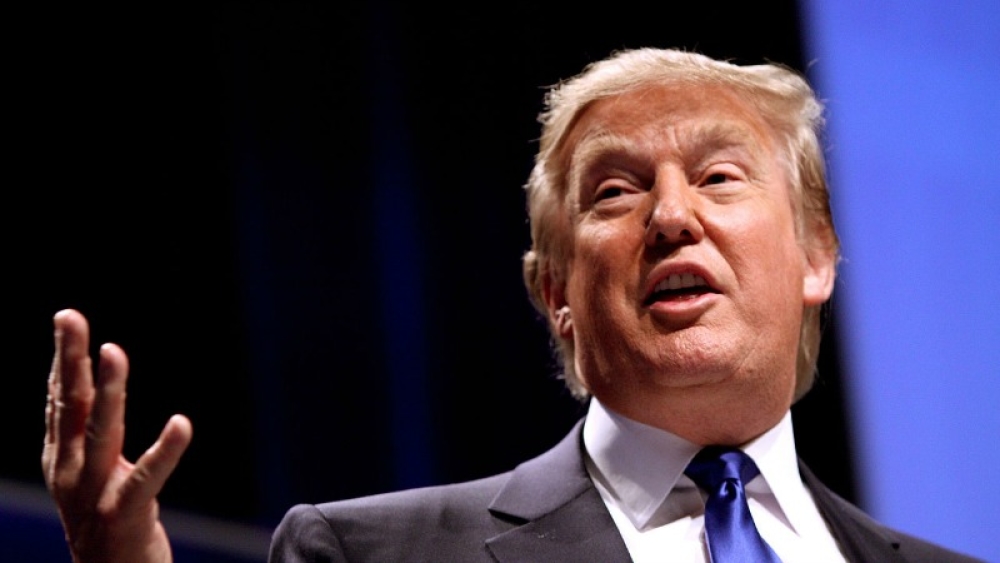Retail reality: future award ENTRIES Will need an innovation boost
13 Dec 2016

If consumers are confused about the state of the British economy, pity retailers and their agencies. Chancellor Philip Hammond has laid an uneven path through the rocky fiscal terrain of Brexit, while market confidence wavered after the unpredicted election of Donald Trump.
It’s hardly surprising that marketing budgets are mainly being spent on campaigns offering very measurable return. A reluctance to ‘think big’ was evident during this year’s final round of judging for the DMA Awards retail category. The shortlisted entries had obviously earned their places on merit; yet I couldn’t help thinking that the majority lacked a cutting edge.
In fact, the category winner, DFS by Karmarama, was alone in being truly innovative shopper marketing. Brands will only get into the baskets of shoppers if they do something different. In the case of DFS it was a clever twist of insight, sparking a CRM programme from in-store to eDM and phone to close the deal. The sales rep didn’t just give the customer a card as they got up off the sofa, hoping they’d come back to buy it some day soon.
That was the exception that proved the rule. Too often at present retailers seem unwilling to take a risk. ROI hangs over marketers like the Sword of Damocles, budgets spent on the same old shopper marketing tactics. There is so much technology which could drive people along in-store and online paths to purchase, it seems criminal not to use the tools more often.
Agencies’ appetite for innovation is one of the main reasons VR has taken off in 2016. It’s edgy, it’s fun and its environment is entirely flexible. We’re already preparing for mixed reality, which promises to be an even more highly creative, low-risk way of harnessing innovation. As agencies, we need to be pushing clients down more innovative roads to persuade them that it’s okay – if not essential – to be inventive even during turbulent economic times when it would be easiest to stay cocooned in the safety of more tried and tested tactics.
There’s a vital reality check here, of course. Tech innovation must solve a shopper challenge, not just be used for the sake of it. But that’s no reason to ditch a fresh idea in favour of some stuffy in-store sampling. Shopper marketing is a broad church, where social media, in-store and online channels form a triad, truly effective and bigger than the sum of its parts if they are used in harmony.
The best innovation gives simple solutions to problems with disruptive and scalable services, just as Uber has. The brand has used insight to tap into basic attitudes and behaviours, which follows our mission to unearth the mindsets that drive shopper habits and apply them to innovative retail campaigns.
So here’s my call to action. This time next year, whatever the shape of the economy, I want to devour award entries citing campaigns that have helped brands to climb out of the innovation trough to gain competitive advantage, based on a magic mix of insight and technology. Necessity is the mother of invention, so brands and retailers must now commit to spending their way out of the gloom.
Stu Galvin is director at SMP

Please login to comment.
Comments